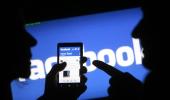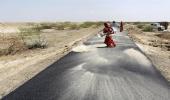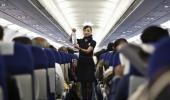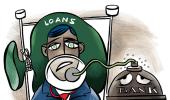The airlines have instead suggested compulsory personal protective equipment-like suit, gloves and mask for flyers and crew members.
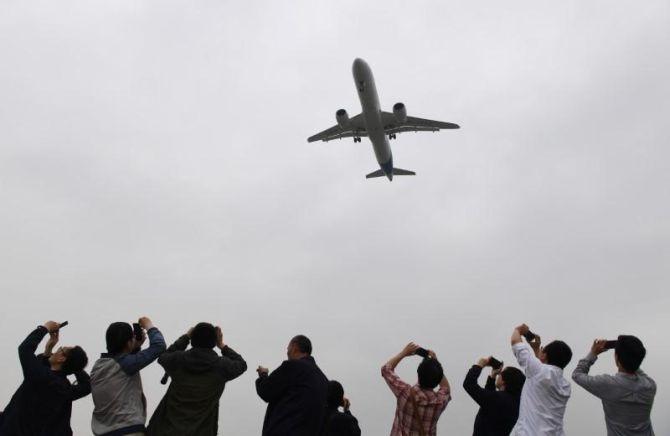
Indian airlines have rejected the proposal to keep middle seats vacant once flights resume.
In a meeting held earlier this week with the government to discuss social distancing measures, promoters of airlines called the proposed rules redundant while pointing out that such measures of distancing were unlikely to ensure complete safety for passengers.
However, such a step would worsen the economics for airlines hit hard by the outbreak of the coronavirus pandemic, they said.
The airlines have instead suggested compulsory personal protective equipment-like suit, gloves and mask for flyers and crew members.
“Keeping the middle seat vacant will not ensure safety, it will be mere optics.
"It is impossible to keep a safe distance between the aisle and the window seat,” Ajay Singh, chairman and managing director at low cost airline SpiceJet, said.
“It will be more effective if face masks and gloves are made mandatory for passengers,” he said.
Civil aviation regulator DGCA is working on a set of protocols for resumption of service after the ban on air transport is lifted.
As part of that, the regulator has suggested that airlines should not allow the middle seats to be booked.
Airline executives argue that in a single aisle narrow body aircraft, leaving the middle seat empty will not guarantee the necessary 2 metre (which is roughly 78 inches) distance - which has been suggested by health agencies across the world to prevent catching or spreading of the flu.
For instance, a typical IndiGo A320 aircraft has 18-inch seats with a 25-inch aisle.
So, if a distance of 2 metre has to be maintained, there can only be two passengers seated on two window sets.
In a row of six seats, the remaining four seats have to be left empty, the airlines have argued.
“It is absolutely impossible to operate with restriction on one-third of the seats unless fares see a threefold increase,” said an executive of IndiGo.
Passengers would not be ready to pay that much, he added.
Photograph: Greg Baker/Reuters

